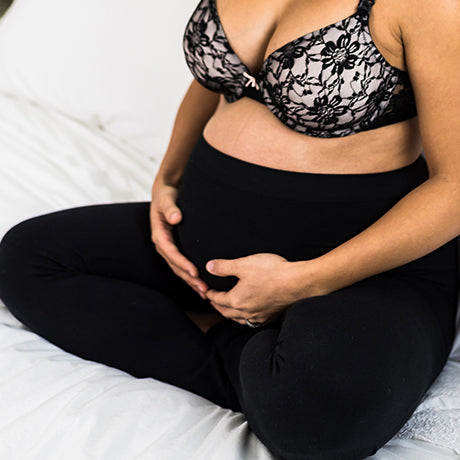Why You Should Limit Juice for your Kids
When you have a hard time getting your kids to eat fruits and vegetables, reaching for a juiced version may seem like a healthy and simple way to ensure your kids are getting the nutrients they need. But before you rely too heavily on juice, find out why you should limit juice for your kids.
As you browse the juice selections in the grocery store you’ll see many varieties of 100% fruit and vegetable juices. Sounds amazing, right? Most of the labels are probably telling the truth, however they are not telling the whole truth. The whole truth is that packaged juices don’t contain whole fruits.
During the commercial juicing process, fiber and many other nutrients are eliminated from fruits and vegetables. In order to achieve the liquid consistency, much of the fiber is stripped away and packaged juice is heated at extremely high temperatures for pasteurization purposes, which boils off many of the excellent nutrients including vitamins and enzymes found in whole fruits.
 What’s left is the sweet sugar – albeit natural – that makes juice taste so good. But there are some issues with all that concentrated sugar. First, it will elevate your kids’ blood sugar levels. The initial “sugar rush” may seem like a good pick-me-up for energy, but this spike often results in hyperactivity. Then, as the sugar cycles through your child’s system, he’ll come crashing down, leading to even more behavioral side-effects. Sugar spikes are not good for your child’s body either. Food that maintains blood glucose balance is ideal for excellent body function, cognition and behavior.
What’s left is the sweet sugar – albeit natural – that makes juice taste so good. But there are some issues with all that concentrated sugar. First, it will elevate your kids’ blood sugar levels. The initial “sugar rush” may seem like a good pick-me-up for energy, but this spike often results in hyperactivity. Then, as the sugar cycles through your child’s system, he’ll come crashing down, leading to even more behavioral side-effects. Sugar spikes are not good for your child’s body either. Food that maintains blood glucose balance is ideal for excellent body function, cognition and behavior.
Of course, with all that sugar comes a lot of extra calories. Active, growing children certainly need plenty of calories but they should be from nutrient-dense foods rather than straight sugary foods. Excess calories are stored as fat, which can lead to obesity. Childhood obesity is a growing problem in the U.S. and is a risk factor for diseases, especially diabetes. Type 2 diabetes in children is highly preventable based on good lifestyle habits such as a healthy diet and exercise.
It’s also important to limit juice for your kids because filling up on juice may prohibit healthier, well-balanced food choices. Your children might come to expect constant sweet tastes, which can lead to bad eating habits and the expectation of regular treats. Plus, continual concentrated sugar swishing around in your child’s mouth may contribute to tooth decay.
Does that mean your kids should NEVER have juice? Not necessarily. It’s certainly a parenting call you’ll have to make. An occasional juice treat is not going to hurt your child, especially if it is viewed as a special indulgence like dessert. If you do allow it, limit juice for your kids to 4-6 ounces daily for ages one to six, and no more than 8 ounces per day for ages seven and older. Babies under one should not have juice and never serve juice in a bottle as this can leave extra sugary residue on your child’s teeth. Also, stick to 100% fruit and vegetable juices. They still have sugar but at least it will come from real foods not added sugary substances. If you’re up for it, try making your own juices at home.
An occasional juice box or cup of juice is OK as a special treat, but limit juice for your kids and stick to water and milk as their main drink options.
Sources: Mayo Clinic, Hollywood Homestead, and BabyCenter
The post Why You Should Limit Juice for your Kids appeared first on Leading Lady.





